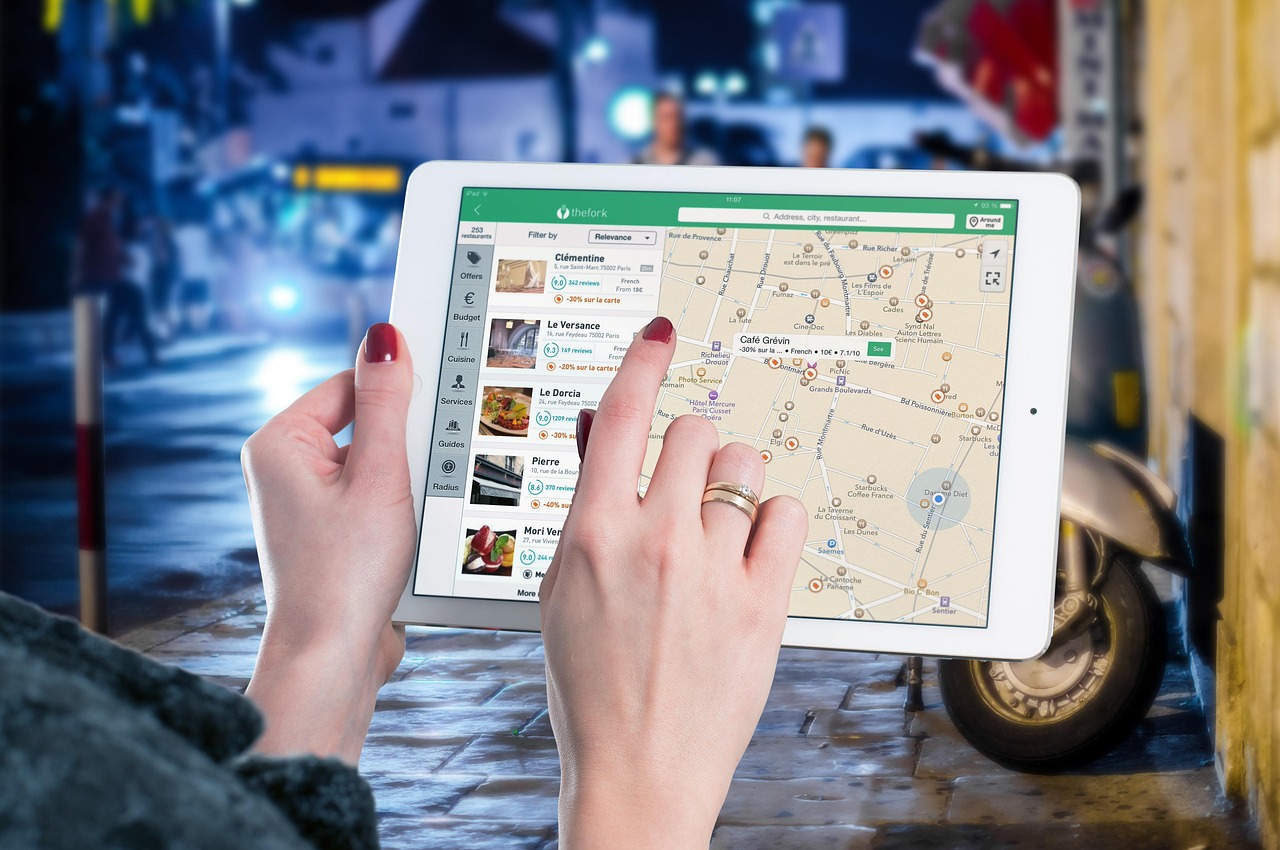Translating '举' into English
When translating the Chinese character '举' into English, it can take on several meanings depending on the context. '举' is a versatile character that can denote various actions and concepts. Let's explore some of its common translations:
One of the primary meanings of '举' is to lift or raise something physically. For instance, if someone '举起手' ('lifts their hand'), it means they raise their hand. Similarly, '举杯' ('lift a cup') implies raising a cup, typically as a toast.
Another common translation for '举' is to mention or bring up something in conversation or discussion. For example, '举例说明' ('give examples to illustrate') indicates mentioning examples to clarify a point.
'举' can also convey the idea of starting or initiating something. In phrases like '举办会议' ('hold a meeting') or '举行活动' ('organize an event'), it signifies initiating or starting the respective activities.

Additionally, '举' can imply carrying out or implementing actions or plans. When someone '举行实验' ('conducts an experiment'), they are carrying out the experiment.
In certain contexts, '举' can mean selecting or electing someone for a position or role. For example, '举手投票' ('raise hands to vote') suggests selecting or electing through a show of hands.
The translation of '举' into English depends heavily on the context in which it appears. Whether it signifies lifting something physically, mentioning a topic, initiating an action, carrying out a plan, or selecting someone, understanding the context is crucial for accurate translation.












评论